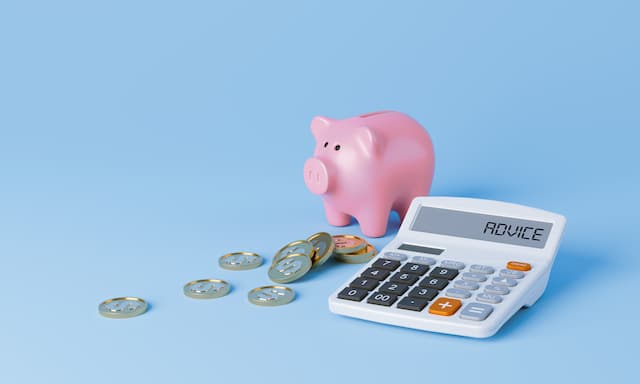1. Assess your spending habits
A solid budgeting plan can help you avoid splashing out on things you don’t really need and, in turn, save more money.
If you don’t already have a pot of accessible cash savings, now is the time to start building one up. It’s generally considered wise to have around six months’ worth of essential expenditure in an easy-access savings account. If you’ve already built up your rainy-day fund, then sticking to a budget could help you invest more money for your long-term goals.
2. Revisit your financial plan
The new year is a good time to reconsider your financial goals – what you would like to achieve over the short, medium and long term.
Your goals might have changed since you first created your financial plan, in which case you may need to adjust where you are allocating your money and / or the level of investment risk in your portfolio.
A financial adviser can help you build a comprehensive financial plan, and provide clear, objective advice whatever is going on in your life. This way, you’ll understand what you
need to do to achieve your goals and be safe in the knowledge that your adviser is working towards getting you there.
3. Check your pension is on track
If you haven’t checked the value of your pension pots recently, this is the time to do so.
Understanding how much money you’ve saved up in pensions will help you work out whether you’re on track to achieve your retirement ambitions.
An adviser can offer support by calculating the projected value of your pension at retirement and the amount of annual income this is likely to produce.
If there’s a shortfall, you might want to consider topping up your pension.
Most people can invest up to 100 per cent of their UK taxable earnings or £40,000, whichever is lower, each year to benefit from tax relief.
Your pension annual allowance could be lower if you’ve already accessed your pension flexibly or have an adjusted income above £240,000.
4. Maximise your tax allowances
There are a whole host of other tax allowances and exemptions to make use of each year. Many people wait until the end of the tax year to maximise their allowances, but the sooner you act, the better your chances are of realising your financial goals.
In the 2021/22 tax year, you can invest up to £20,000 into ISAs to benefit from tax-efficient income and growth.
You can withdraw money from ISAs whenever you like without paying tax, which makes ISAs a useful investment vehicle for pre-retirement goals as well as a tax-efficient source of income in retirement.
Other allowances include the capital gains tax exemption, which lets you realise gains of up to £12,300 without paying tax, and the dividend allowance, which enables you to earn up to £2,000 of dividend income tax free.
Used together, allowances such as these could help you invest more tax efficiently and, in turn, build up a bigger pot of money for your future.
5. Review your protection
Having the right protection is crucial to ensure you and your family’s finances hold up in the event of unexpected illness or death. Even if you already have protection, the new year is a good time to check it still reflects your financial and family circumstances.
If the level of cover is too low, your loved ones could be at risk of financial hardship should the worst happen to you. A financial adviser will make sure you have the right policies and level of cover to suit your individual needs.
6. Make or update your will
Making a will is one of the most important things you can do.
It ensures your assets go to who you want after your death, and that your wishes are carried out. If you’ve already made a will, consider whether it needs updating – for example, if your personal circumstances have changed.
Seek legal advice to ensure your wishes are met and your wills are tax efficient and set up in the most suitable way for you.
For example, you may want to set up mirror wills with your spouse or civil partner, leaving your estate to the other in the event of death, but beware that mirror wills will not be appropriate for all couples.








